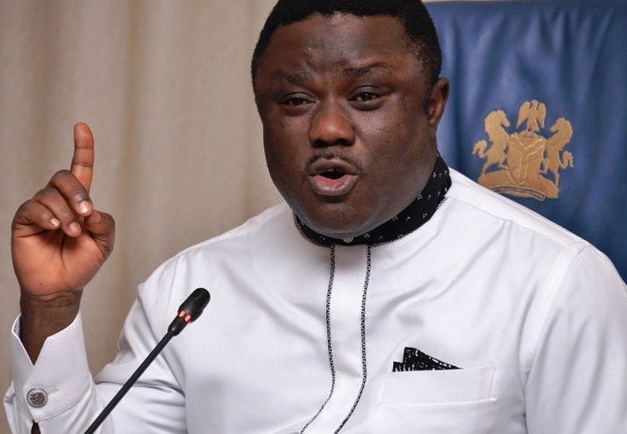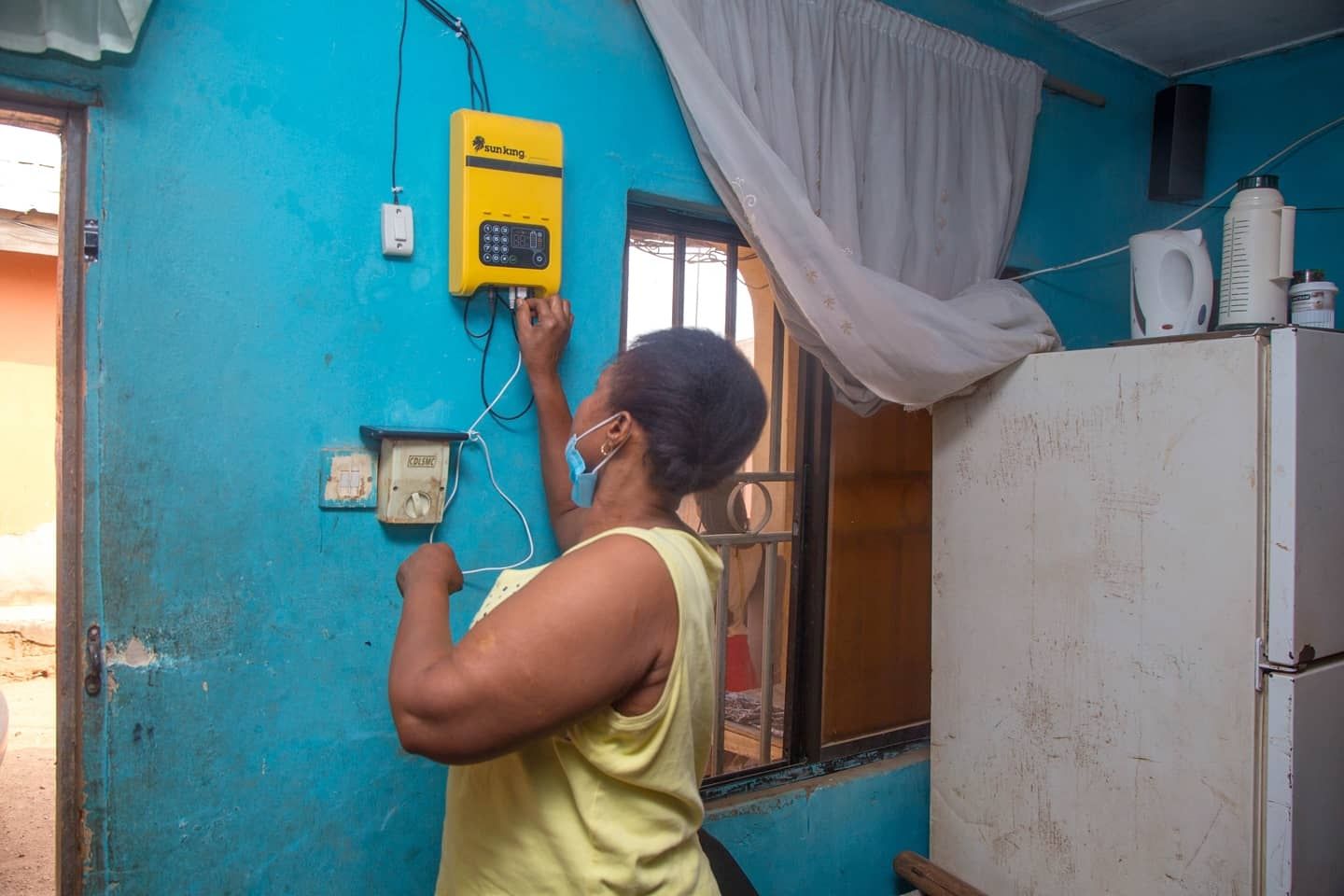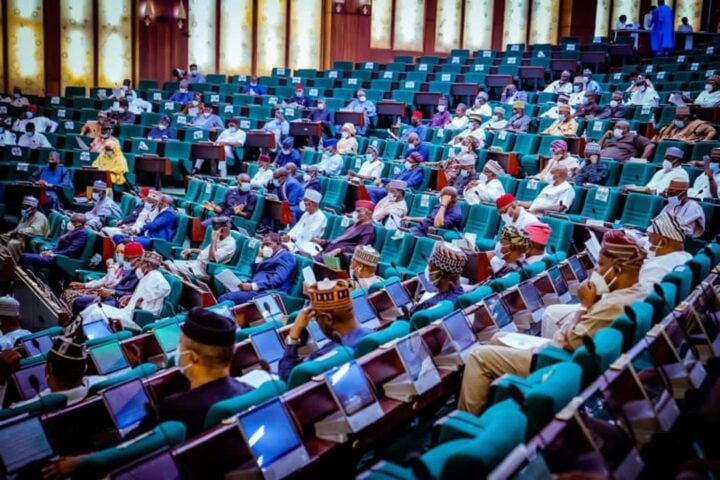A federal high court in Abuja has affirmed the right of state governments to implement laws on open grazing.
Ijeoma Ojukwu, judge, gave the judgment in a suit seeking to compel President Muhammadu Buhari to direct security agencies in the country to enforce the Benue state open grazing prohibition and establishment of ranching law passed in 2017.
The suit brought by one Matthew Tile Nyiutsa, a lawyer and indigene of Benue state, argued Buhari, by his oath of office, has an obligation to uphold and preserve the law of the land, but failed to do so when he refused to implement the Benue state open grazing law.
However, the court in its decision said it lacked jurisdiction to compel the president to abide by his oath of office.
Advertisement
Ojukwu said the national assembly has the responsibility to hold the president accountable.
But she said since the Open Grazing Prohibition Law 2017 was passed by the Benue state house of assembly and has not been voided by any competent court of law, the state has the power to carry out its implementation.
“In my view, the courts do not have the vires to entertain any suit bordering on compliance with the oath of office of the President for the reason that it is not justiciable,” the judge held.
Advertisement
“When the person, in this regard, the president, fails to abide by the oath, the national assembly, in line with the set down procedure, may consider it a misconduct in the performance of the functions of his office and take the appropriate measure under the constitution. It is not the duty of this court to adjudicate on.
“The plaintiff may have genuine concern in respect of the facts averred, but there are procedures set out by law to address issues concerning citizens’ rights and violations.
“There is no contest that the Open Grazing Prohibition and ranching establishment law 2017 was validly passed by the Benue state house of assembly and that the law is still in force, especially as the law has not been struck down by any court of law or court of competent jurisdiction.
“The implementation, therefore, lies with the machinery of the state and law enforcement agencies like the police, whose duty is to maintain law and order and to secure lives and properties in accordance with Section Four of the Police Act.
Advertisement
“It behoves the people of Benue State and law enforcement agencies, task force, etcetera to employ all legitimate means to implement that law.
“It is not the duty of the defendant on record. it is only where there is an infraction of the provision of that law that the court may be invited to impose the prescribed sanctions
“In so far as the President has not issued any Executive Order, which runs contrary to the said law, this court cannot hold him accountable.
“In the same vein, the court is not the appropriate arm to check any infraction in the performance of the functions of the office of the President arising from the oath of office taken by the president on the assumption of his duty as the president of the federal republic of Nigeria.
Advertisement
“That duty or obligation belongs to the national assembly, through the process prescribed by the constitution,” the judge said.
“The immunity provided in Section 308 of the Constitution, protects the occupier of the offices named in the section against the institution of either civil or criminal suit against him/her in the section from being sued in his personal capacity while in office.”
Advertisement
“The proper defendant, in this case, ought to have been the president, federal republic of Nigeria. The life of this suit cannot be sustained if, for any reason, president Muhammadu Buhari cases to be in office, this suit will automatically abate since it cannot be sustained by any other President, his personal name haven’t been attached.
“This cannot be the position of the law since governance is a continuum and does not terminates because the tenure of office of a particular officeholder has elapsed.
Advertisement
“The proper defendant in this case, on the alternative, should have been the attorney-general of the federation, and the defendant on record (Buhari) as a nominal party, or, in the alternative, the president, the federal republic of Nigeria.”
Advertisement
Add a comment





